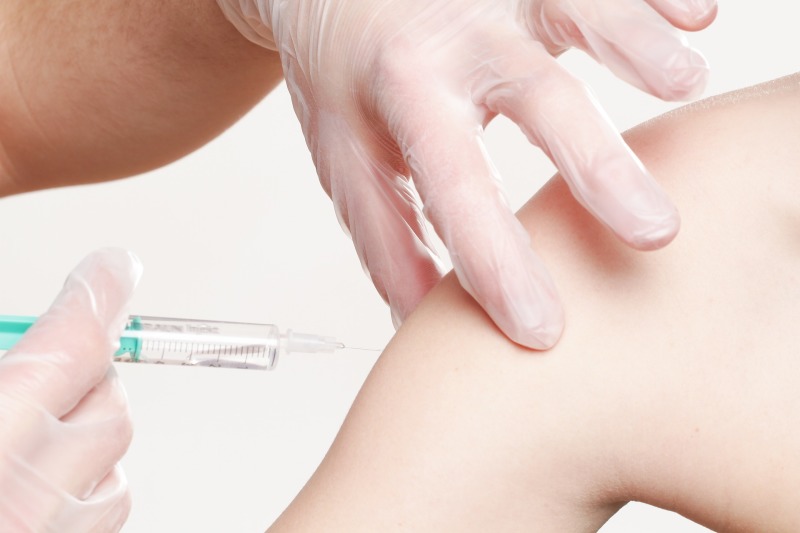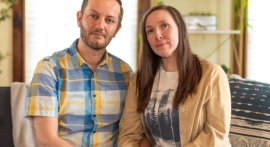
A survey conducted by researchers at Carnegie Mellon University and the University of Pittsburgh revealed that highly educated Americans are the most vaccine hesitant. The objective of the study was to understand COVID vaccine hesitancy in the U.S. through an online survey conducted between January 6 to May 31, 2021 on over 5.120 million American adults.
The study titled "Time trends and factors related to COVID-19 vaccine hesitancy from January-May 2021 among US adults: Findings from a large-scale national survey" found that a large percent of the most vaccine hesitant group are made up of people with higher degrees of learning. Summit News reported that as per UnHerd, "it finds that the association between hesitancy and education level follows a U-shaped curve with the highest hesitancy among those least and most educated. People with a master's degree had the least hesitancy, and the highest hesitancy was among those holding a PhD."
In fact, researchers wrote, "The large decrease in COVID-19 vaccine hesitancy January-May among those with ≤ high school education went a long way towards narrowing the education gap; still this group has a relatively high hesitancy prevalence."
"Those with professional degrees (e.g., JD, MBA) and PhDs were the only education groups without a decrease in hesitancy, and by May, those with PhDs had the highest hesitancy," the research revealed. It added that the most common concern for the vaccine hesitant group was its potential side effects and a lack of trust in government as the next most popular reason for refraining from getting the COVID vaccine.
According to BBC, vaccine hesitancy has created somewhat of a culture war on social media, with a lot of online commentators calling anti-vaxxers and the vaccine hesitant "ignorant or selfish" and even "dumb." A Gallup poll noted that one correlation of vaccine hesitancy is education, reporting that "'Americans without a college degree are much more likely than college graduates to be vaccine-hesitant, 31% to 12%.' We assume those with less formal education are less interested in or less accustomed to engaging in evidenced-based decision-making processes."
A new poll from Morning Consult found that the U.S. is "largely trailing behind other major countries" when it comes to combating vaccine hesitancy among its people. According to Forbes, America now has the third-highest rate of vaccine skepticism in a list of 15 of the world's largest economies. The new poll also found that vaccine hesitancy has decreased less than other nations in the course of the last few months.
Taking a closer look at the U.S., the Morning Consult poll revealed that the highest rates of Americans who refused to get the COVID vaccine are those in Mississippi, Oklahoma, and Idaho, where 30% of respondents said that they are unwilling to get vaccinated.
Vaccine hesitancy also prevailed in Americans in Montana, which reported 19% of people uncertain to get the shot, and Alabama with 17%. The poll was conducted with an average of over 3,300 respondents per state.


























